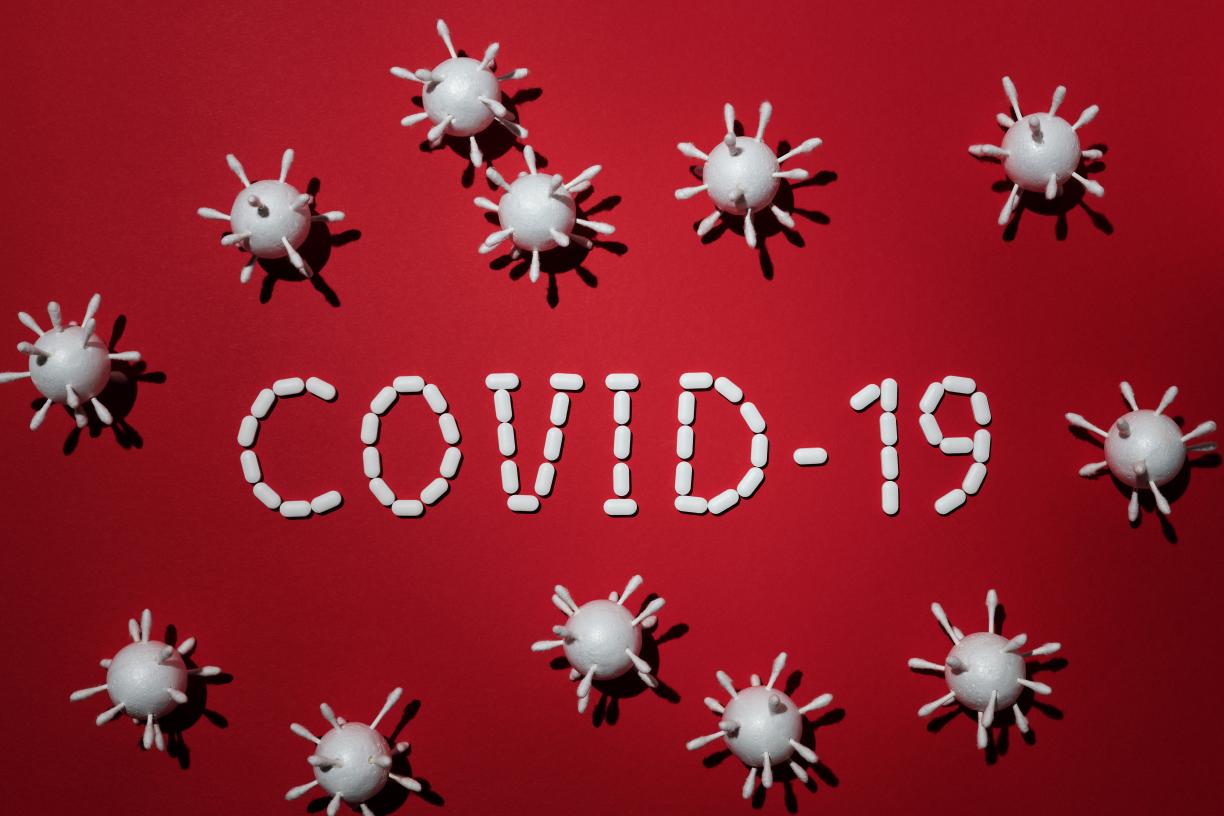This article can be found in the Articles section of your Homewood Health account, which is available to all VIU employees.
An aide to support yourself, other employees and family members as a result of the questions and possible anxiety that has arisen from the COVID-19 pandemic.
This news has placed global populations on alert causing varied reactions in different countries and regions including Canada and the United States of America.
It is normal during this time of uncertainty for us to speculate on the potential spread of the virus and to experience understandable reactions from worry to anxiety about this health concern. At this time, workers within health care and emergency services sectors and their families may be particularly vulnerable to strong reactions.
What are some possible reactions?
When we are uncertain about our own and our family’s health and safety, we experience physical, emotional and behavioural reactions. You may experience a range of reactions varying in degrees of intensity as this outbreak continues to have a global impact. You may find yourself preoccupied with news events which may trigger worrying thoughts. We all react somewhat differently yet we may experience common reactions such as:
- Emotional reactions. Fear, anxiety, distress, anger, irritability, sadness, guilt, and uncertainty.
- Mental reactions. Disbelief about the extent of the outbreak, loss of concentration, recurring visions of media images about the pandemic, fearful thoughts about travelling, forgetfulness, indecisiveness, confusion, distressing dreams.
- Physical reactions. Numbness, shock, headaches, loss of appetite, sleep difficulties, persistent heart palpitations, fatigue, nausea, and gastrointestinal problems.
- Behavioural reactions. Tearfulness, feeling disconnected, excessive vigilance, withdrawal or isolation from the mainstream population, increased tendency to blame or criticize others, increased consumption of alcohol or medication to cope with uncertainty.
Are these reactions “normal”?
Absolutely. These are normal reactions that human beings experience when they are in abnormally distressing situations. Research has shown that when you acknowledge anxiety and you take care of it, anxiety will usually diminish within a few weeks. Most people recover even after acute traumatic events and they return to normal or close to normal functioning, either on their own or with the assistance of a mental health professional.
Do these reactions always occur after hearing news of an outbreak?
Not always. Everyone experiences reactions in a way that is unique to themselves and their situation. When a viral outbreak occurs a long way away, the perceived risk can be viewed as less concerning. If you or someone you know is in closer proximity to an outbreak location, this can trigger a stronger reaction to the news. Some individuals experience delayed reactions, as a result of exposure to the news over time and this can invoke a growing sense of fear and anxiety.
Is there any way to avoid these types of reactions?
You can never avoid them completely. Even individuals who are well-informed and well-prepared may experience acute stress reactions in such situations. Police officers, paramedics, first-aid workers and fire fighters can have strong stress reactions to emergency situations, despite their training and experience. Remember that these are normal reactions.
What can you do?
- Pay more attention to your feelings and reactions than to the event itself.
- Don’t judge or blame yourself. Don’t criticize yourself for having these reactions. Be patient. Think about how you would support a friend in this situation and then treat yourself the same way.
- Try to reduce other sources of stress in your life for a while.
- Take the time to talk about your physical and emotional reactions with someone close to you like a friend, partner or loved one. You can also turn to coworkers.
- Let your family, colleagues and friends know how they could best support you during your period of stress. If they are doing something unhelpful, give yourself permission to let them know.
- Find something that helps distract you. Some people find it helpful to keep busy (leisure activities, hobbies, routine chores, warm baths, physical exercise, etc.), while others find it helpful to relax.
- Try to avoid saturation from exposure to the constant media coverage of this news.
- Take time to rest and maintain good sleep habits.
- If you find you are experiencing distressing thoughts and feeling anxious, remind yourself that most of us are safe and not affected by this disease
What should you do if your stress reactions don’t diminish from week to week?
It’s better not to keep the worrying thoughts and anxieties all to yourself. People close to you don’t always know how to help, despite their best intentions. If these reactions have not diminished from week to week, don’t hesitate to contact your Employee & Family Assistance Program to meet with a professional. If you take good care of yourself, ensuring that you obtain the support you might need, you will gradually regain your normal sense of self and resume life activities.
For additional information on the COVID-19 pandemic here are some helpful resources:
- Centers for Disease Control and Prevention: https://www.cdc.gov/
- Health Canada: https://www.canada.ca/en/health-canada.html
- World Health Organization: https://www.who.int/





